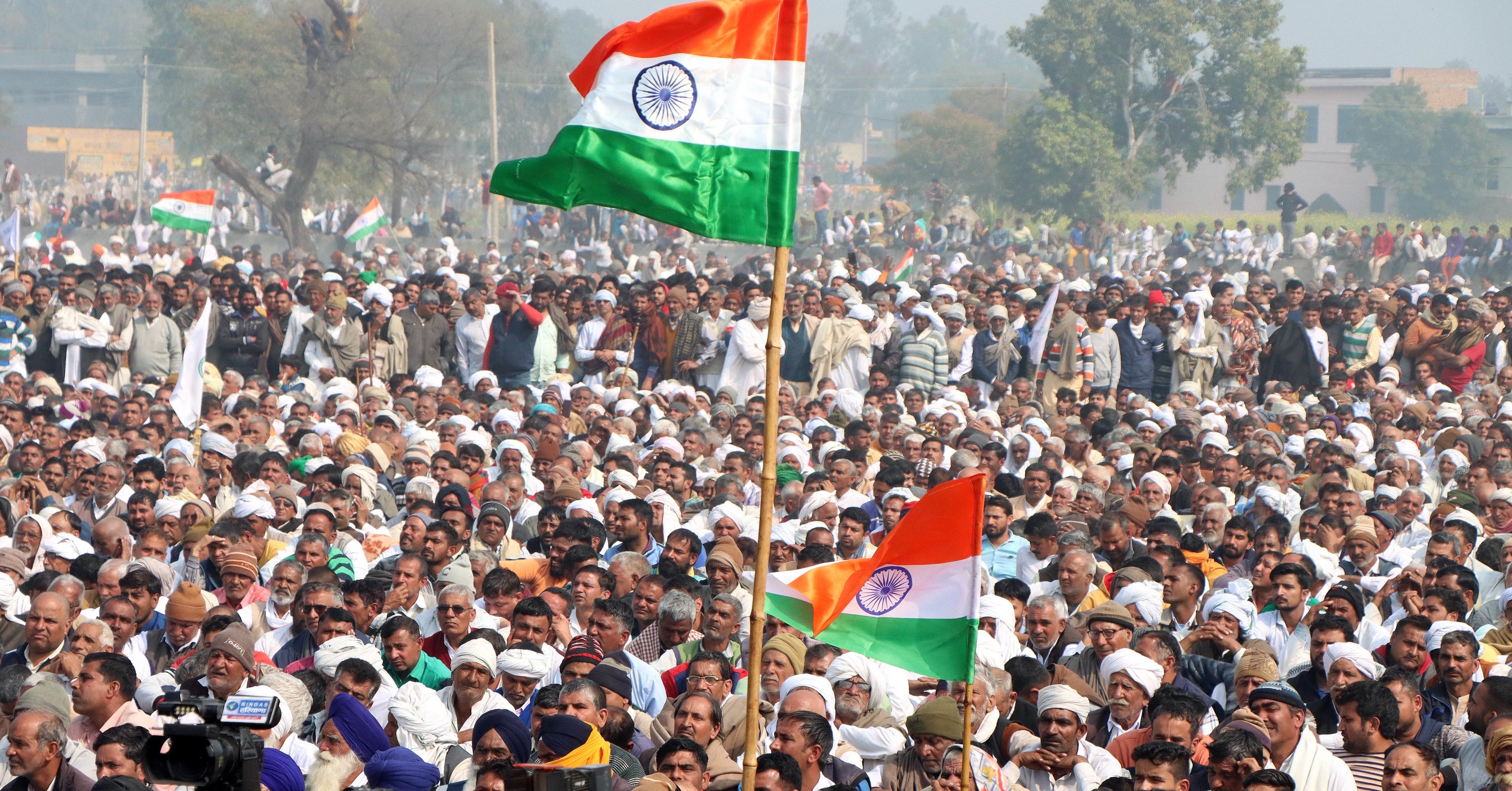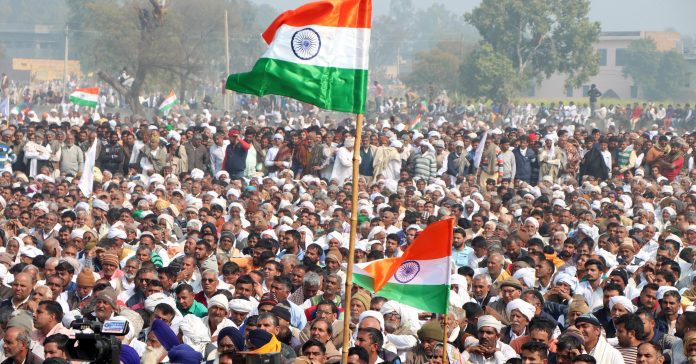
India’s government has threatened to punish employees at Twitter with fines and jail terms of up to seven years for restoring hundreds of accounts it has ordered the company to block. Most accounts were critical of the country’s prime minister, Narendra Modi.
On Monday, Twitter complied with the government’s order and prevented people in India from viewing more than 250 accounts belonging to activists, political commentators, a movie star, and the Caravan, an investigative news magazine. Most accounts had criticized Modi, India’s Hindu nationalist prime minister, and his government. But the company restored the accounts approximately six hours later after a Twitter lawyer met with IT ministry officials, and argued that the tweets and accounts constituted free speech and were newsworthy.
India’s government disagreed. On Tuesday, the IT ministry sent a notice to Twitter, ordering it to block the accounts once again. It also threatened people who work at Twitter’s Indian arm with legal consequences, which could include a fine or a jail term of up to seven years.
“This is really problematic,†said Nikhil Pahwa, editor of MediaNama, a technology policy website, and an internet activist. “I don’t see why the government of India should wade into this territory of trying to censor tweets when they have much bigger problems to deal with.â€
A Twitter spokesperson declined to comment. An IT ministry spokesperson did not respond to a request for comment.
The move puts the company in a tough spot. Blocking the accounts once again would mean being accused of playing an active role in an ongoing crackdown on dissent in India, as anti-government protests roil the nation. But letting the accounts remain on the platform means risking a political and legal showdown in a major market.
In the notice sent on Tuesday, the government said the accounts were “spreading misinformation about protests†and had the “potential to lead to imminent violence affecting public order situation in the country.†BuzzFeed News has reviewed a copy of the notice.
The face-off comes days after thousands of Indian farmers, who have been protesting for months against agricultural reform they say will hurt their incomes, broke through police barricades and stormed the Red Fort, a Mughal-era monument in New Delhi on Jan. 26, India’s Republic Day. At least one protester reportedly died. Delhi police denied their involvement in the incident.
In the notice, the government claimed that the accounts used a hashtag that had “been found to be instigating people to commit cognizable offences in relation to public order and security of the State.â€
Although the Caravan did not use that hashtag, the government claimed that “news and press accounts†were spreading misinformation, causing “instigation of people†and creating “a public order situation.â€
A Caravan spokesperson told BuzzFeed News that its journalism was fair and professional. “We don’t understand why suddenly the Indian government finds journalists should not speak to all sides of an issue,†the magazine’s executive editor, Vinod K. Jose, told BuzzFeed News.
India’s laws forbid Twitter from sharing the legal order it received on Monday, but according to Tuesday’s notice from the government, the company fought back. That document claims that Twitter did not block the accounts until 24 hours after receiving the first order, and did so just minutes before a Twitter attorney met with government officials on Tuesday.
“It is clear that the offending tweets / hashtag remained in public domain and must have been tweeted and re-tweeted several times at the risk and cost of public order and at the risk of incitement to the commission of offences,†the notice reads.
According to the notice, Twitter also sent a response to the government after it met with officials declining to “abide and obey†the government’s order. Under Indian law, the notice says, Twitter is bound to comply.
The government also pushed back against Twitter’s “free speech†argument, saying that the company had no “constitutional, statutory or any legal basis whatsoever†to interpret what constituted free speech under Indian laws.
Twitter had also argued that there was “insufficient justification†to block entire accounts and had said the government should have ordered individual tweets to be blocked. In response, the government’s notice said it wasn’t Twitter’s place to seek justifications from the government.
At the heart of the legal order is Section 69A, an article in India’s IT laws that lets the federal government ask platforms like Twitter to withhold “any information generated, transmitted, received, stored or hosted in any computer resource†that could disrupt “public order.†Platforms like Twitter are not only required to comply with these orders, but they are also disallowed from making the orders themselves public.
“I hope that this case goes to court,†said Pahwa, the founder of MediaNama, “because I do believe that rationally, the government is likely to lose the case.â€





